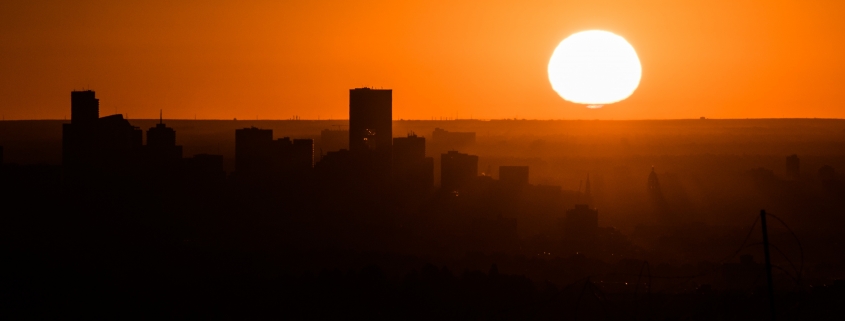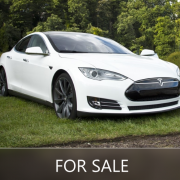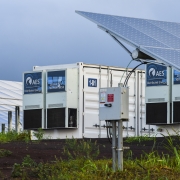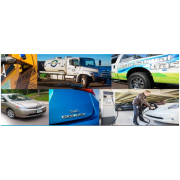Energy Myths Series: A World in Motion
written by Kansas City Regional Clean Cities Coalition director David Albrecht
You have power.
Your access to energy would have cracked human credulity for most of our species’ time on earth. For millennia, we elbowed away the margins of night with the smoking glow of wood, grass or buffalo chips. Just 200 years ago, whale oil and candles lit the homes of a slowly industrializing world—for those who could afford them. For those who couldn’t, wood remained the main source of light, heat and cooking, along with the coal that drove that industrialization. Now, in an eye-blink of human history, we have become the beneficiaries of a world in frenzied motion.
The energy we use never stops moving. It hurtles from point to point at velocities approaching the speed of light. It slowly plows the oceans in ships big enough to dwarf the fever-dreams of Pharaohs. It is explosive coal dust shot into a furnace, feeding flames five stories high hot enough to melt platinum. It is water roaring 600 feet down a pipe, turning a generator the width of a small house 100 times per minute. It is mazes of pipes and conduits, steam and heat, toxic and explosive chemicals, all combining to refine Jurassic sunlight into jet fuel and gasoline. It is today’s sunlight knocking electrons out of their orbits and into batteries and wires. It is the fission of a single uranium atom unleashing enough energy to make a grain of sand visibly jump, triggered by a neutron moving 1.4 miles per second in reactor spaces unimaginably dense with such reactions. This frenzied motion never stops, only occasionally slows, and makes our world—food, music, lighting, medicine, communications, trade, everything—possible.
As Americans, how does all this shake out? What drives our nation’s energy system today, and what will that system look like tomorrow? And what kind of future do we face as the consequences of this vast, and amazingly productive disruption become clearer? These are the kinds of questions this continuing series of short essays will try and provide some answers to.
We are Metropolitan Energy Center. Part of our mission is to present the best information available on energy, its principles, power and drawbacks, whether it’s heating your house or powering your car. We’ll be covering a lot of ground–from the grid to the feedlot, and from alternative fuels to solar technology. We’ll touch directly on the projects we pursue and probe larger questions of energy policy. We hope that in the process we can hold your interest, provide food for thought, and perhaps puncture a few myths about what new technologies can and can’t do.
Things are already moving fast, and we hope you’ll hop on board for this excursion.

 Dennis Schroeder / NREL
Dennis Schroeder / NREL


